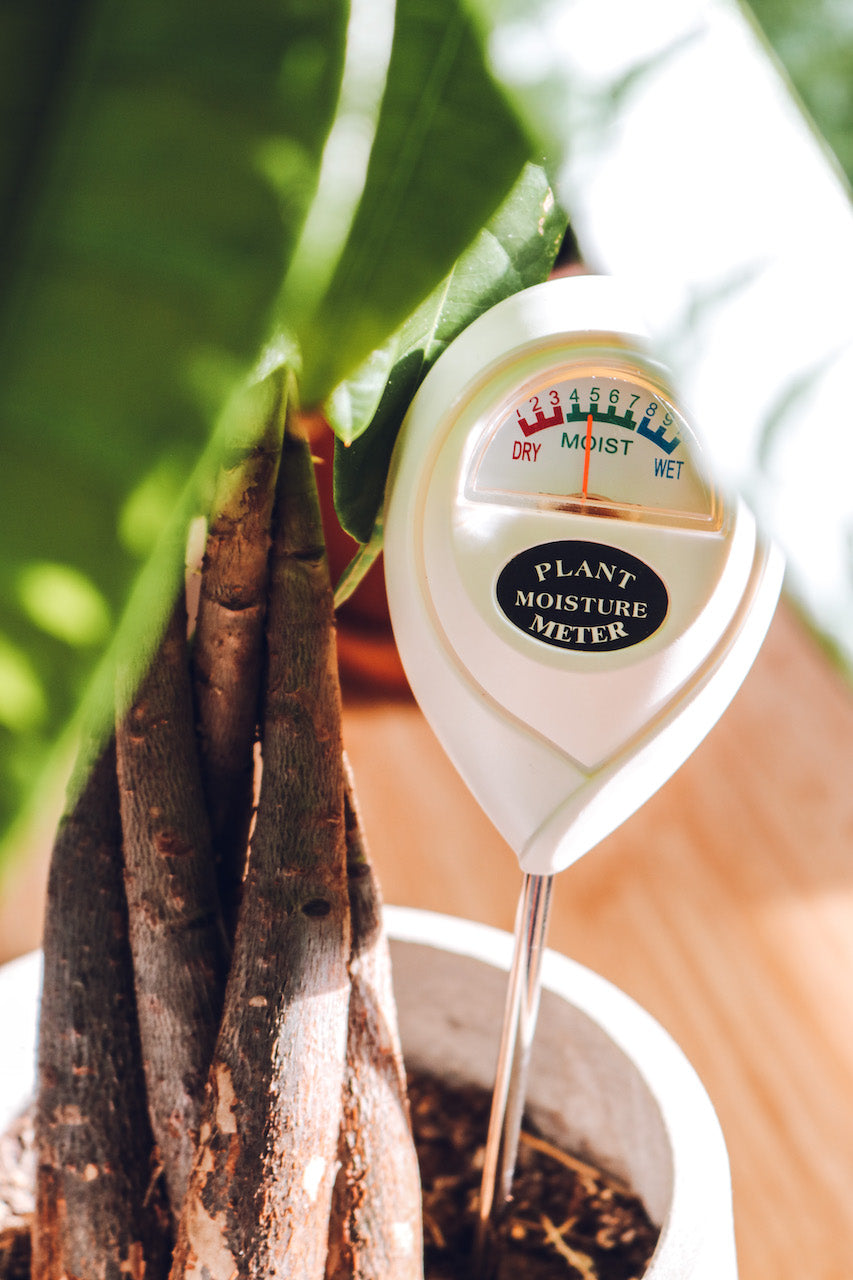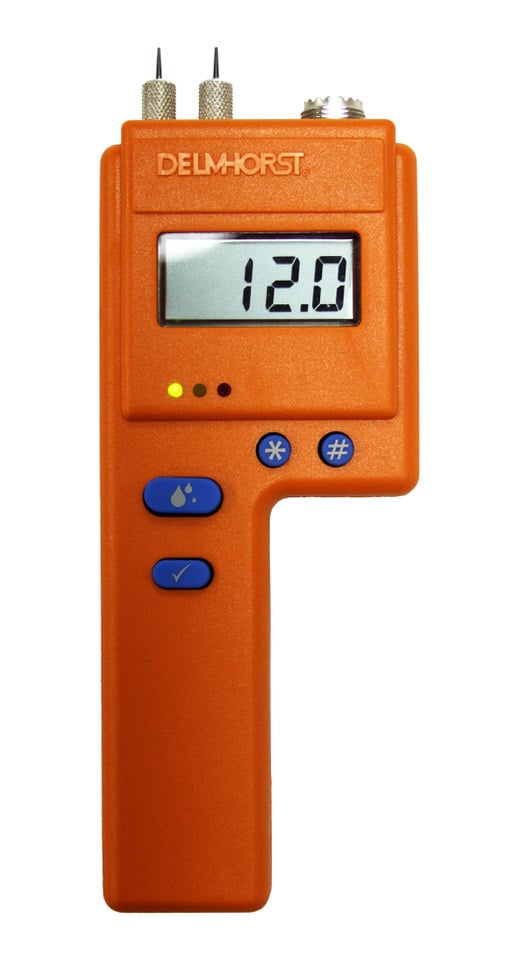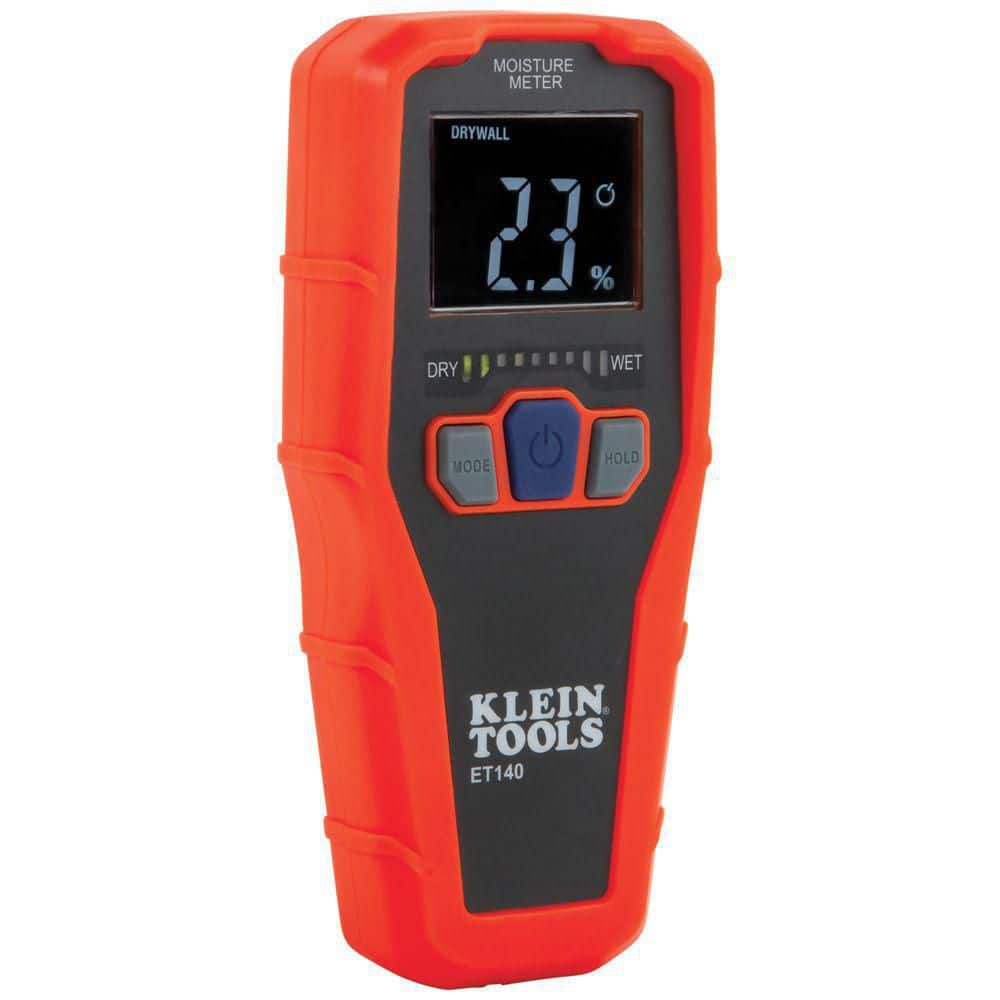The Ultimate Overview to Picking the Right Moisture Meter for Your Needs
The Ultimate Overview to Picking the Right Moisture Meter for Your Needs
Blog Article
The Ultimate Overview to Moisture Meters: A Comprehensive Summary and How They Can Conserve You Money
In the realm of building upkeep, building and construction, and various sectors, the relevance of properly determining moisture levels can not be overstated. Moisture meters serve as essential devices in finding and keeping an eye on moisture content in materials, aiding in avoiding expensive problems and making certain the high quality of items. Understanding the nuances of various sorts of dampness meters, their applications, and the potential cost-saving benefits they use can be a game-changer for companies and experts alike. Finding how these gadgets can not just simplify procedures however additionally add to financial savings is a trip worth starting.
Types of Moisture Meters
Different kinds of moisture meters are offered for different applications in various markets. One typical kind is the pin-type wetness meter, which measures the electric resistance in between two pins inserted into a product. This type is appropriate for timber, drywall, and other structure products. Pinless wetness meters, on the various other hand, use electro-magnetic sensing unit plates to scan a bigger area without triggering damages to the product's surface area. These meters are excellent for rapidly analyzing wetness levels in large areas such as wall surfaces and floors.
Moreover, there are also specialized moisture meters developed for specific products like hay, dirt, or grain. These meters give precise dampness readings customized to the one-of-a-kind properties of the material being checked. Infrared moisture meters gauge the thermal homes of a material to determine its dampness content non-invasively, making them helpful for applications where pin or pinless meters may not appropriate. Understanding the various kinds of moisture meters readily available can assist sectors select the most proper device for their details wetness dimension requirements.

Advantages of Using Moisture Meters

In addition, using dampness meters can cause enhanced power effectiveness. By identifying areas with high moisture degrees, such as leakages or inadequate insulation, modifications can be made to boost energy preservation and decrease energy expenses. In farming settings, wetness meters play an essential role in enhancing crop returns by making it possible for farmers to monitor dirt dampness degrees and make notified watering choices. In general, the advantages of utilizing moisture meters cover across various sectors, giving economical remedies and promoting far better high quality control practices.
Exactly How to Pick the Right Moisture Meter
Choosing the proper dampness meter involves taking into consideration essential aspects such as material compatibility, measurement variety, and calibration accuracy. When selecting a dampness meter, it's vital to make sure that the meter is suitable for the details product you will certainly be testing. Various materials have differing electrical properties that can impact wetness analyses, so selecting a meter developed for your product is vital for accurate results. In addition, consider the measurement range of the dampness meter. Make sure that the meter can discover moisture levels within the array required for your applications. Calibration precision is another vital element to bear in mind (Moisture Meter). Select a dampness meter with reputable calibration to ensure regular and exact analyses. Some meters may need routine calibration adjustments, so understanding the calibration procedure is important. By very carefully examining these aspects, you can choose a moisture meter that fulfills your needs and offers exact wetness measurements for your tasks.
Correct Methods for Moisture Meter Usage
To guarantee precise wetness analyses and optimize the effectiveness of a dampness meter, utilizing appropriate techniques is important. When utilizing visit the website a pin-type dampness meter, insert the pins or probes into the product being tested up until they make complete contact. Make sure the pins are perpendicular to the surface to get one of the most specific reading. For pinless dampness meters, hold the device flat against the product and relocate it gradually to cover the entire area for an average analysis. It's important to adjust the moisture meter according to the material being evaluated to enhance precision. Take numerous analyses throughout the surface area and average them out for an extra reliable outcome. Furthermore, make certain that the material being tested is accommodated to the setting to stop skewed analyses. Regular upkeep of the learn this here now wetness meter, such as cleaning the pins or sensor, is likewise vital to make sure constant and precise readings. By adhering to these correct strategies, users can depend on their wetness meter to supply credible dampness degrees, aiding in stopping costly damage or making certain top quality in various applications.

Expense Savings Via Moisture Meter Applications
How can the calculated application of moisture meters lead to significant expense savings throughout numerous markets? In the farming market, dampness meters aid in identifying the optimum time for collecting crops, stopping over-drying or excess moisture that can affect the last product's quality.

Furthermore, in the food handling industry, dampness meters are vital for monitoring item top quality and ensuring compliance with security regulations. By accurately gauging moisture web content in food products, manufacturers can stop perishing, preserve quality, and decrease waste, leading to considerable expense savings. In general, the calculated application of dampness meters is an important investment that can cause substantial cost decreases and boosted efficiency across numerous markets.
Verdict
In conclusion, moisture meters are important tools for discovering and determining dampness levels in numerous products. By utilizing the ideal dampness meter and complying with proper strategies, users can efficiently stop expensive damages created by excess dampness.
Wetness meters serve as vital devices in detecting and monitoring moisture content in products, helping in preventing pricey damages and making certain the top quality of items. Infrared you could try this out dampness meters gauge the thermal homes of a material to determine its dampness content non-invasively, making them valuable for applications where pin or pinless meters might not be suitable.Moisture meters provide important advantages in properly keeping track of and analyzing wetness levels in varied products and environments. In agricultural settings, dampness meters play an essential duty in maximizing plant yields by enabling farmers to monitor dirt wetness levels and make educated irrigation decisions.In verdict, moisture meters are beneficial devices for determining and discovering wetness degrees in different products.
Report this page